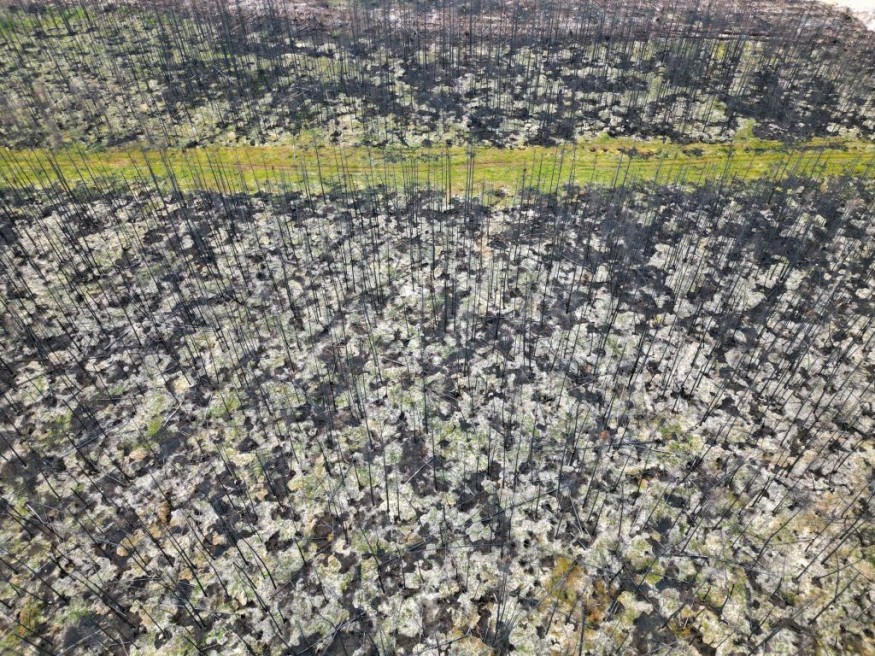With the increasing heat and dry conditions, people in Canada are preparing for the arrival of the wildfire season. Potentially challenging wildfires are likely due to the current weather events.
Canada is no stranger to strong to severe weather events. Recently, Nature World News (NWN) reported the emergence of wildfires in parts of Canada, including British Columbia and the Northwest Territories.
Staying updated with the latest forecasts is essential to staying away from challenging weather events. Climate change can result in extreme weather events, including the following:
- Drought
- Wildfires
- Heatwaves
- Hurricanes
- Storms
Canada Wildfire Season

The latest report shows that Canada is gearing up for a potentially devasting wildfire season, raising concerns about possible major risks due to a warmer-than-normal winter and drought conditions in parts of the country.
Warm and dry conditions with low relative humidity can unleash deadly and devastating wildfire concerns, particularly in areas in Alberta, Ontario, and British Columbia. Early weather and wildfire preparedness are important to prevent possible safety risks associated with wildfires.
To prepare for the upcoming wildfire season, Canada planned to train over 1,000 forest firefighters to potentially increase the capacity of fire personnel to extinguish wildfires. About $256 million will be allocated to improve specialized equipment for territories and provinces.
In 2023, Canadians experienced troublesome weather and a wildfire season, causing the displacement of over 230,000 people and affecting 15,000 million hectares of forests. Additionally, residents had to struggle against the wildfire smoke, which caused poor air quality in the U.S.
While Canadians are gearing up for wildfires, the report warned of potential impacts on Indigenous communities, making them vulnerable to wildfires on their lands. The country's proactive measures can significantly help reduce the potential aftermath of wildfires amidst the growing problems of climate change and global warming.
Climate Change and Wildfires
The frequency of wildfires can damage crops, homes, and infrastructure and cause alarming impacts on biodiversity and ecosystems. In a recent NWN report, climate change can worsen potential wildfires due to a lack of rainfall and frequent heatwaves. With prolonged droughts, wildfires can likely emerge due to human activities.
As a result, homeowners can protect themselves from wildfires by staying updated with forecasts, and preparing emergency plans. Canadians are also advised to adhere to fire bans and avoid flammable materials in dry areas. When motorists are on dry vegetation, it is recommended to turn off the engine.
When near dry grass or areas, homeowners should keep away from sparks, which can cause possible fires.
Related Article : Hottest March on Record Highlights Accelerating Global Warming
For more similar stories, don't forget to follow Nature World News.
© 2025 NatureWorldNews.com All rights reserved. Do not reproduce without permission.





